2012 – Since its inception in 1995, the Firewood Collective Society has demonstrated an innovative approach to developing programs that help women and children in the Fort St. James area. These include the Fireweed Kitchen, a five-station training kitchen the Collective owns and manages on the Fort St. James campus of the College of New Caledonia.
Fireweed’s goal for the kitchen is to create access to education, employment, skill-building and entrepreneurial development for its clients, and with its location at the College, it also had to be a sustainable economic venture. Programs offered range from food and nutrition workshops for women and children, to small-scale speciality food business development programs. It opened in 2008, funded by a grant from Northern Development with the majority of funds raised by the Collective itself. The goal of the kitchen was to create access to education, employment, skill-building, entrepreneurial development, and community engagement through food-related initiatives that enhance local food security.
Fireweed delivers cooking and skill-building sessions for women and their children in the kitchen, including a small-scale speciality food business development program, Food Skills for Families, the Farmers’ Market Cooking Club, HEAL for Your Heart, and specialized food and nutrition workshops. The kitchen was officially opened by Executive Chef Andrew George (a gold medallist at the 1992 World Culinary Olympics), and has hosted Chef Diane Collis from Fresh Choice Kitchens, and Executive Chef Emerie Brine from Bernardin.
The College of New Caledonia uses the kitchen to deliver the Professional Cook training program, taught by Chef Pete Krauseneck. This kitchen also supports the development of additional economic spin-off in the community as it offers local businesses the opportunity to rent a fully-licensed facility as a test kitchen for new product development, and to support local catering initiatives.
The facility has demonstrated its value in a number of ways. The programs offered are helping women develop personal independence, improve their understanding of food purchasing, buying and nutrition, and providing them with opportunities to build economic security through training in food business development. The range of training has been enhanced by support from such organizations as the Vancouver Foundation, the HEAL Network and the provincial government’s Healthy Communities programs, with a number of programs serving as models for other communities.
With the installation of a professional kitchen, the College of New Caledonia was able to offer a Professional Cook training program which helps students develop the skills and work experience they need for employment in food service, hospitality and related sectors of the local economy. Local businesses have the opportunity to rent the fully-licensed facility as a test kitchen for new product development and to support local catering initiatives.


